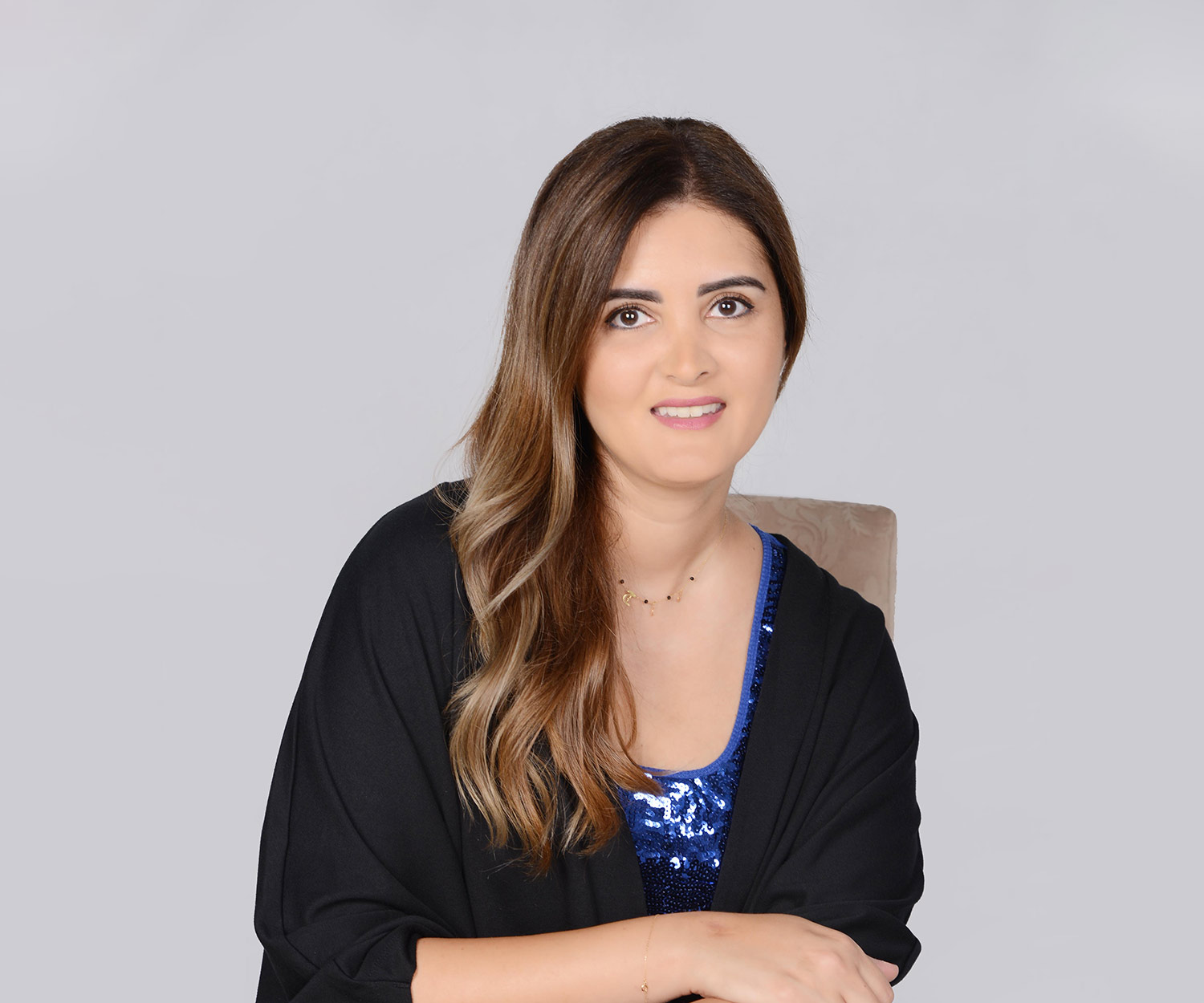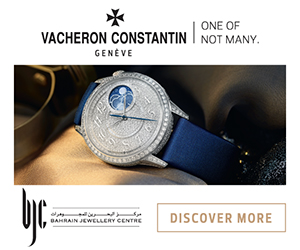This month, OHLALA spoke to Sarah Almawy, a life coach, about this interesting career and how this kind of tutoring can be helpful to tweens and teenagers.

“No one needs to rush into any conversation or problem-solving mode when they are in need of opening up.”
Sarah Almawy
OHLALA – How did your professional life go from teaching to life coaching? And what exactly does a life coach do?
Sarah Almawy – I graduated in 2004 with a Bachelor’s in Education and have spent the past 18 years as an educator, teaching young children. They taught me a lot about patience, gratitude and making quick decisions and for that, I will be forever thankful. I recently realised that, as my children got older, patience and the importance of listening without judgement were the cornerstones to healthy relationships with their peers and parents. This was when I knew that my true calling was going to be becoming a life coach for tweens, teens and their caregivers. As a life coach, I actively and compassionately listen without judgement and try, to the best of my ability, to offer them tools for their own individual survival. I help them reach their goals and aspirations through learned tools and strategies.
OHLALA – How does someone become a life coach? Is there a specific qualification?
Sarah – In order to become a qualified life coach, there are a minimum number of hours that you must have under your belt in coaching sessions (60+ hours). The International Coaching Federation is an excellent place to start when looking for a credentialled coaching programme because it is known worldwide. My training was done with Coach Training Alliance where, for the span of the programme, we were subjected to theory as well as practical coaching hours that were intense and inspiring.
OHLALA – What is the biggest difference between life coaching and psychology? Where do you draw the line between what should be treated by each?
Sarah – The difference between coaching and psychology or therapy is subtle and the hope is that the lines do not get blurred. Whereas psychology aims at dealing with issues or emotions from the past and helping transcend them in the present, coaching aims at unveiling a person’s inner strengths to reach present or future goals. Both aim at bettering a person, but with coaching, the job is left to the client with the navigation from the coach.
OHLALA – What kind of treatments can a life coach offer?
Sarah – The niches for life coaching are far too many to state. It all depends on the coach’s understanding and mastery of the niche they want to work with. We are all specialised in a specific area. Some examples are relationship, executive business, teen, entrepreneur, mindset and accountability, health and fitness and career.
OHLALA – You are specialised in kids and teenagers. What are the biggest challenges and gains of working with this age group?
Sarah – My speciality in tween and teen coaching springs from my years of teaching and from being surrounded by this age group. It is astounding to me the number of times that kids seek help in certain situations and they are constantly seen as being ‘difficult’ or ‘dramatic’. If these issues are brushed under the rug, they could percolate and adversely affect school work, family relationships and self-worth. Our future depends on them, so why not give them a chance to discover their abilities and put them to good use? The biggest challenge working with this age group is having them open up and trust that I, as a coach, will be their confidant but, when they feel more at ease, the amount of insight that comes from them is amazing. The biggest gain of working with this age group is their thirst for learning new strategies and tools to help them navigate in their lives.
OHLALA – What are you looking for when applying your life coaching training?
Sarah – As a life coach, my training and experience have taught me to start slow with clients. Baby steps. No one needs to rush into any conversation or problem-solving mode when they are in need of opening up. Building trust takes time, especially with the age group that I coach. Patience is key and always pays off positively for both the client and the coach.
OHLALA – What message would you like to pass on with your work?
Sarah – My aim in becoming a life coach is to shed light on the importance of listening to our kids and picking up on the fact that they may be asking for help in one way or another. My goal is to help them unlock their potential and capabilities. The idea of seeking out a life coach is very new and still has some taboos associated with it, but our goal as caregivers first and foremost needs to be the health, mental and physical, of our children. There will always be a safe and respectable environment between the client and me. I hope that during and after the sessions, the client will walk away with a brighter take on their lives as a whole.


